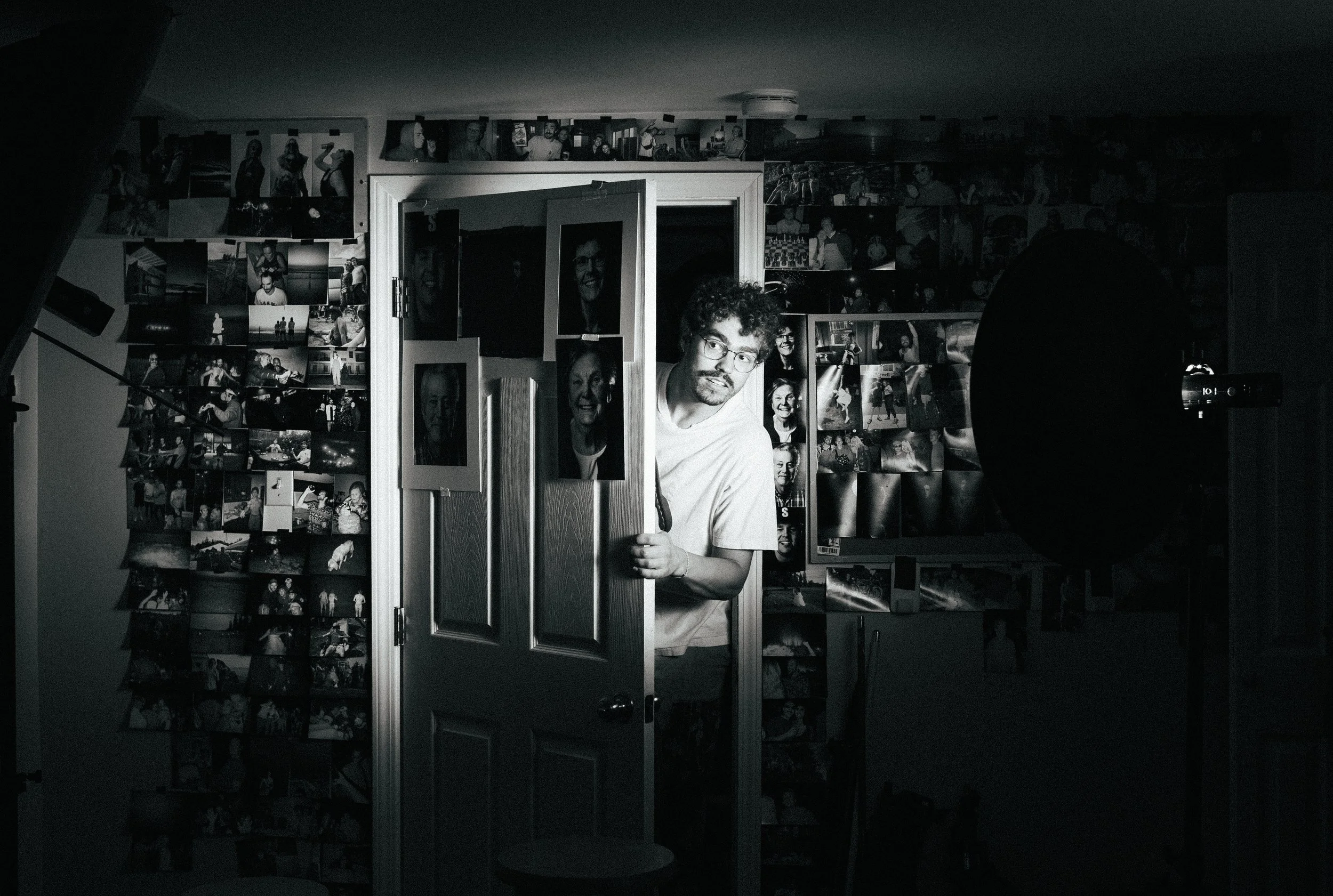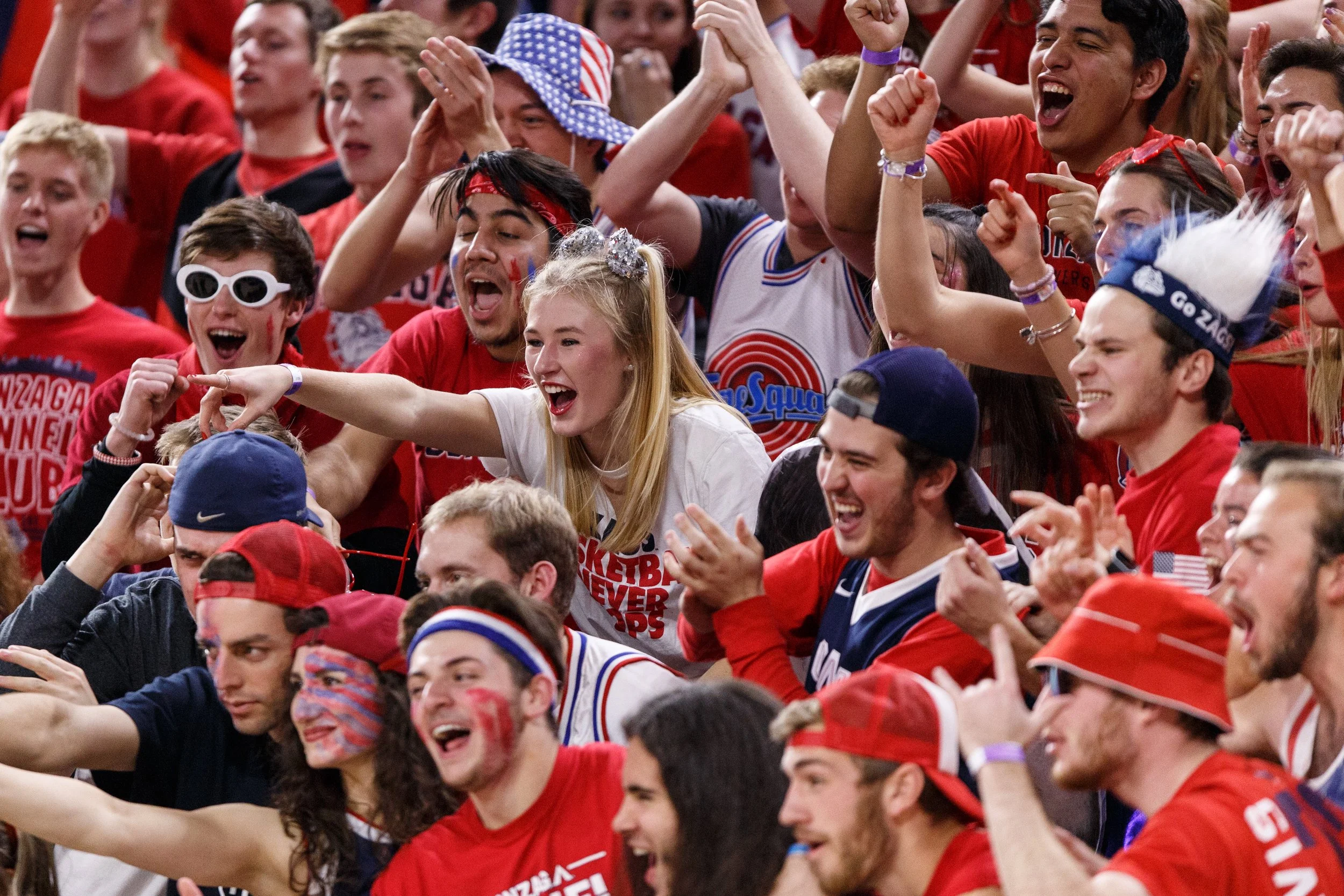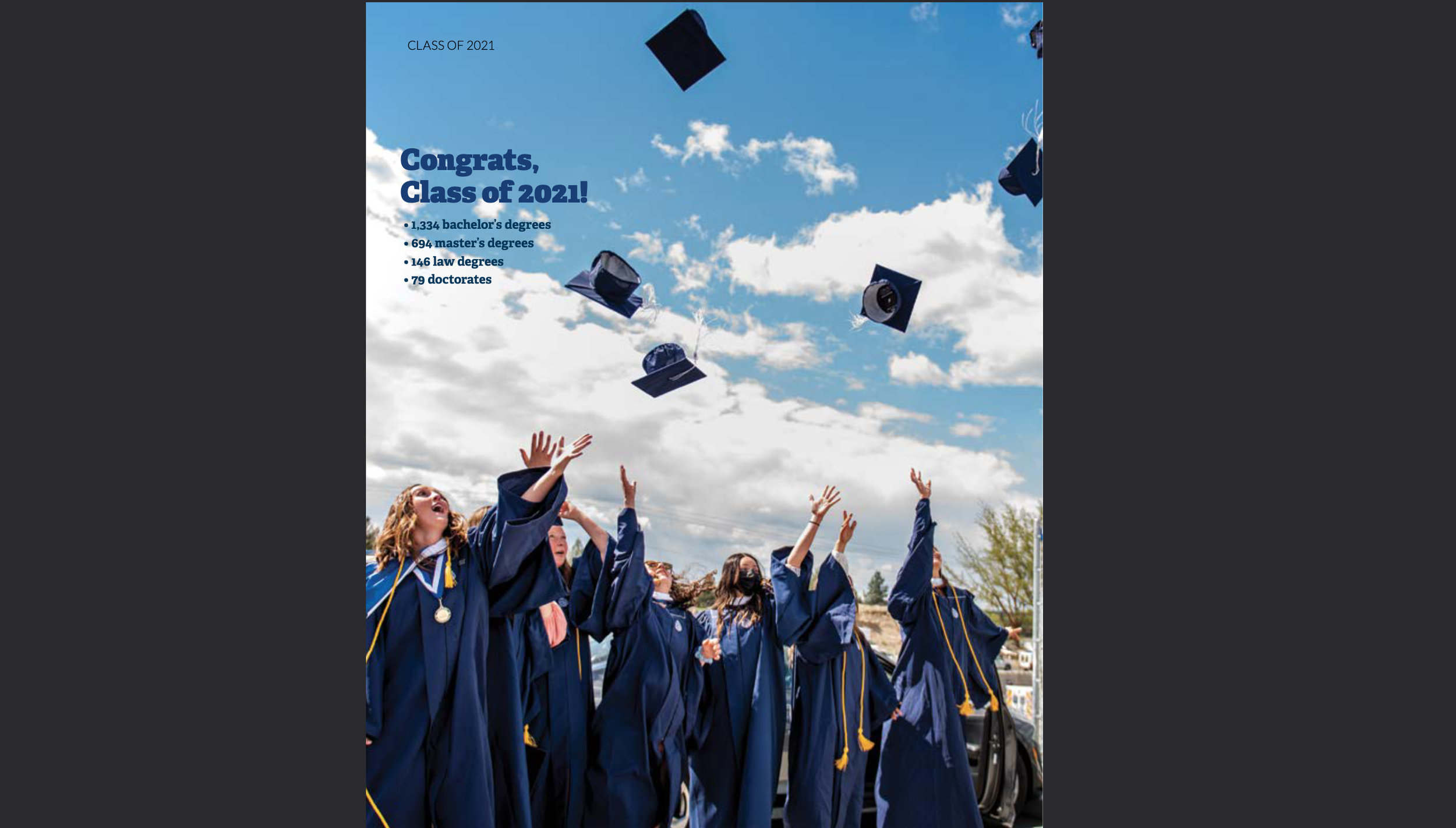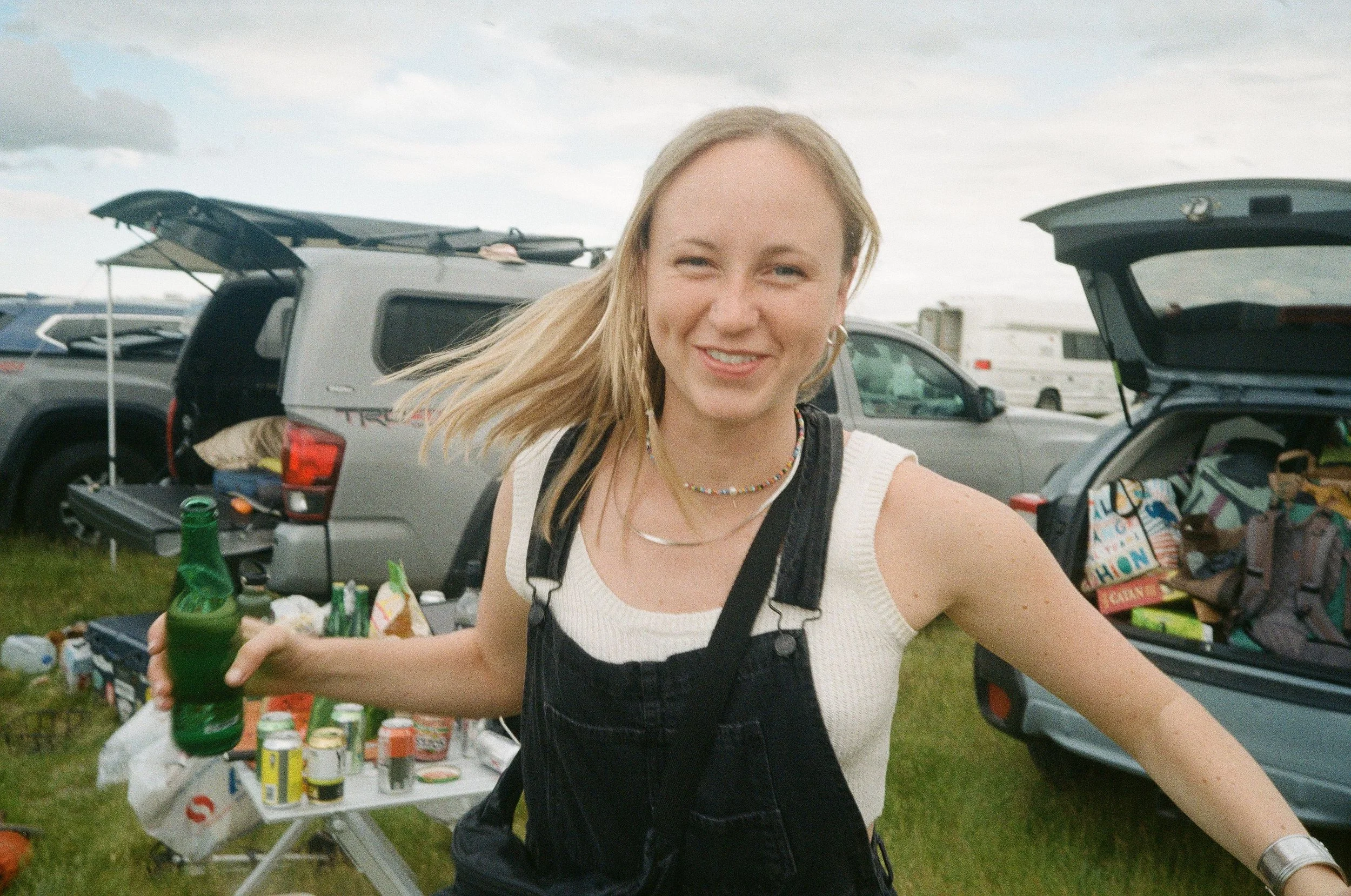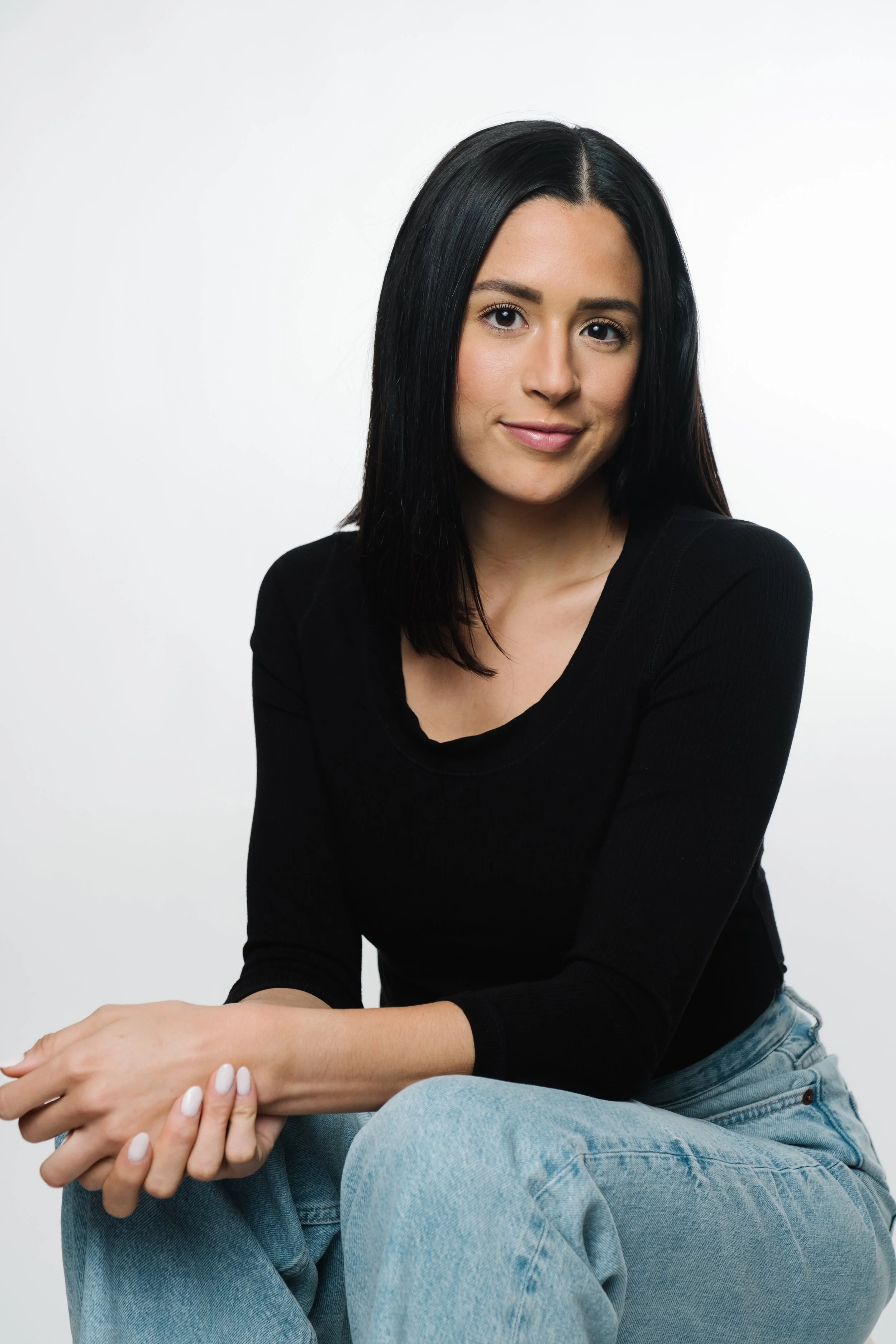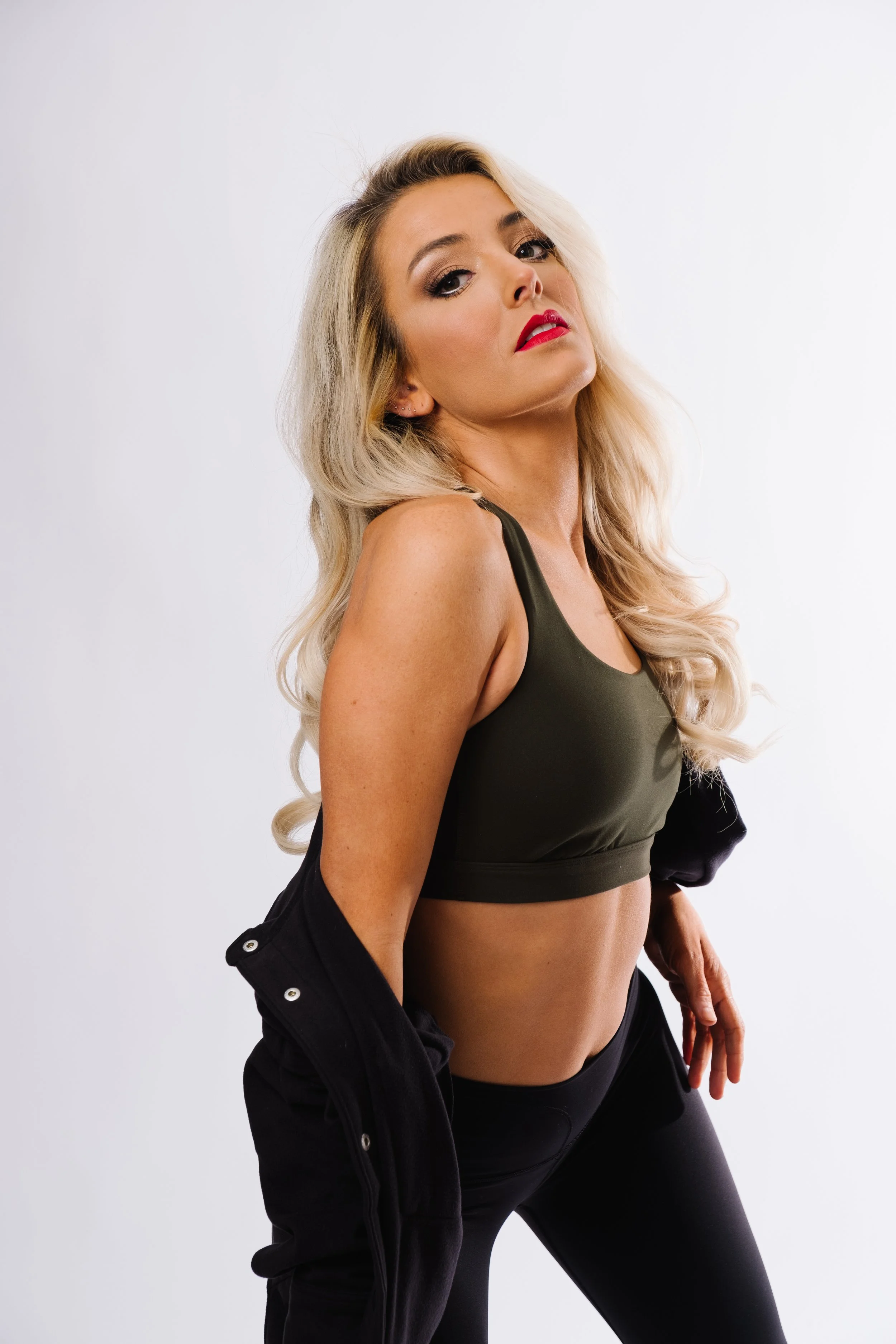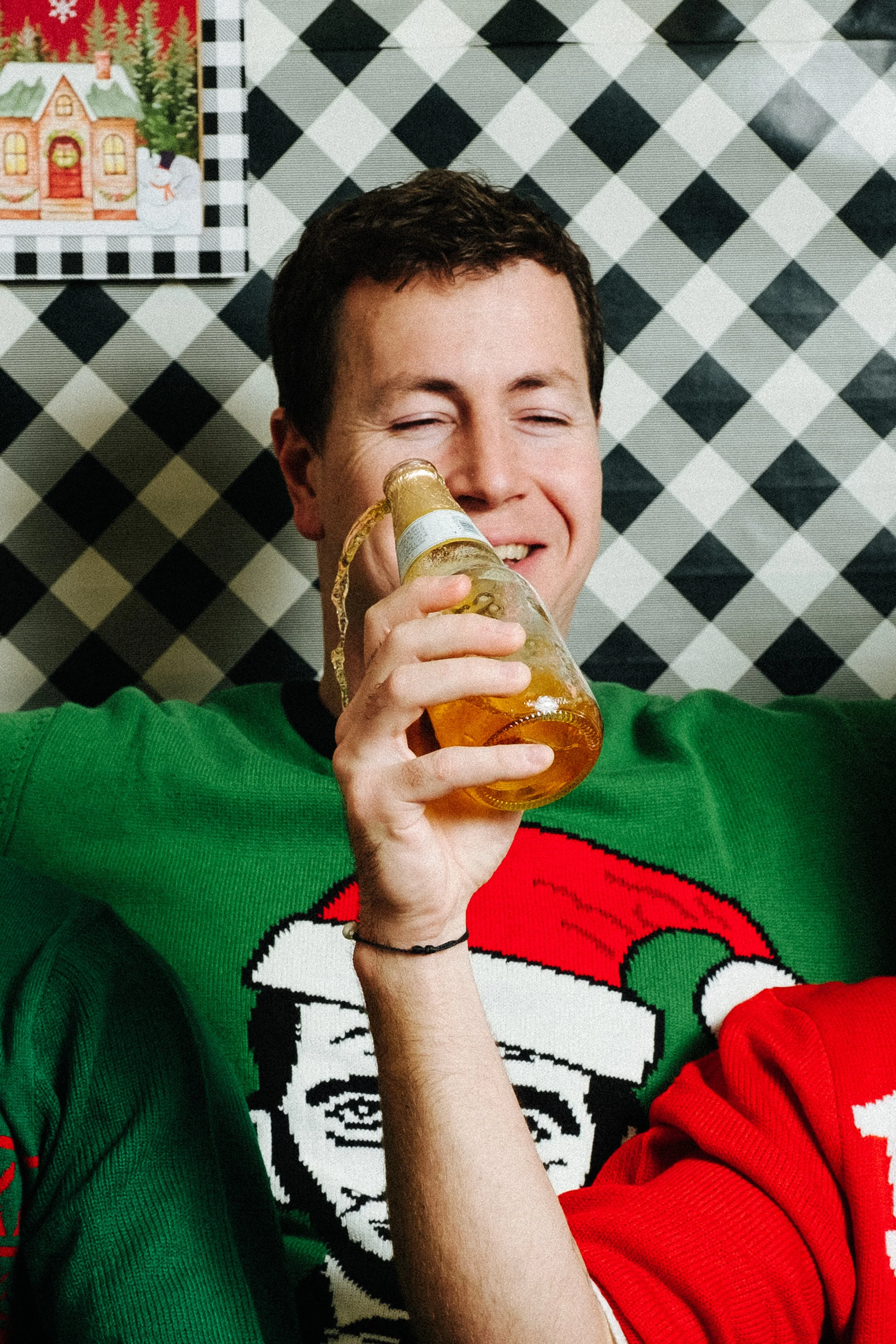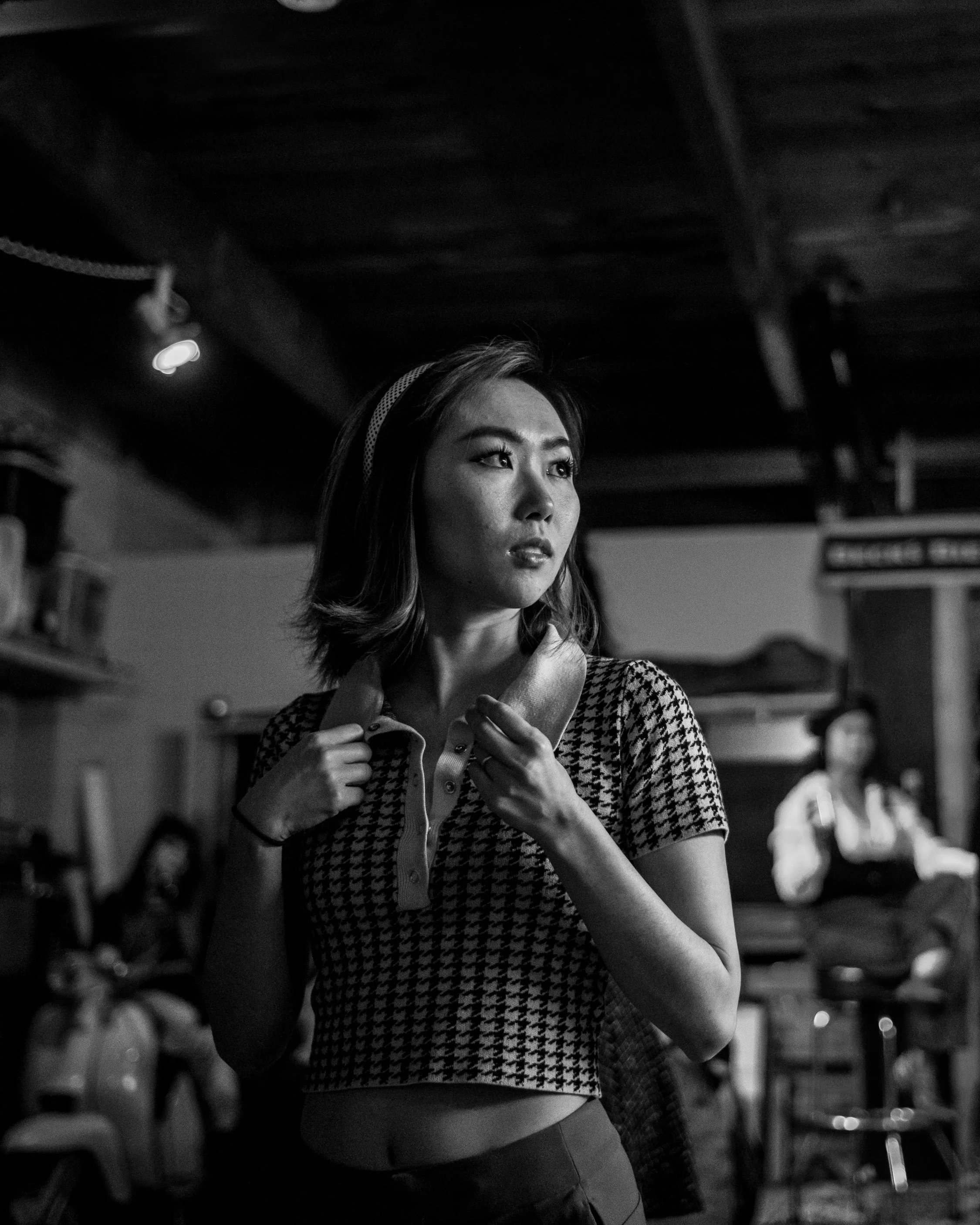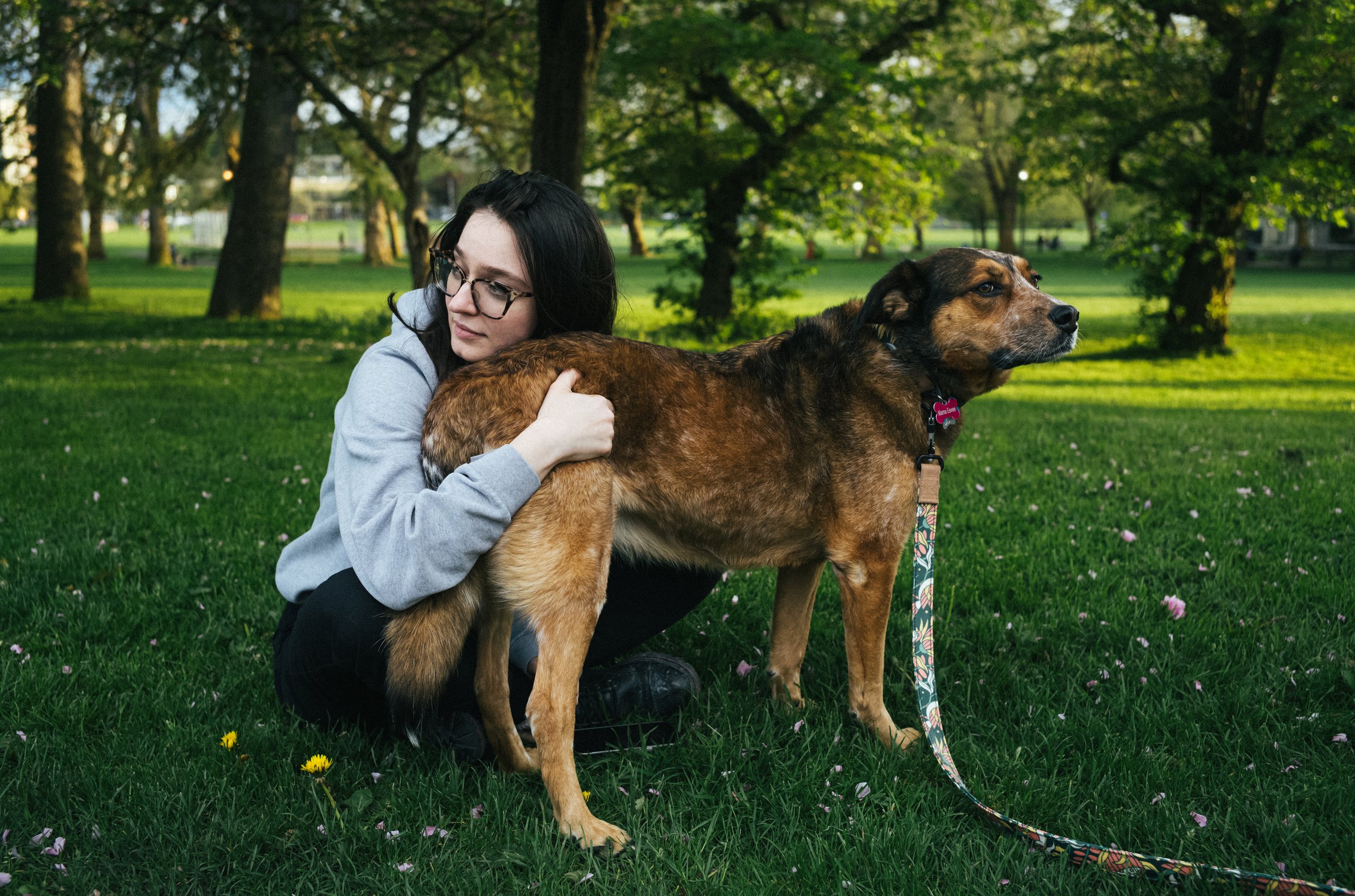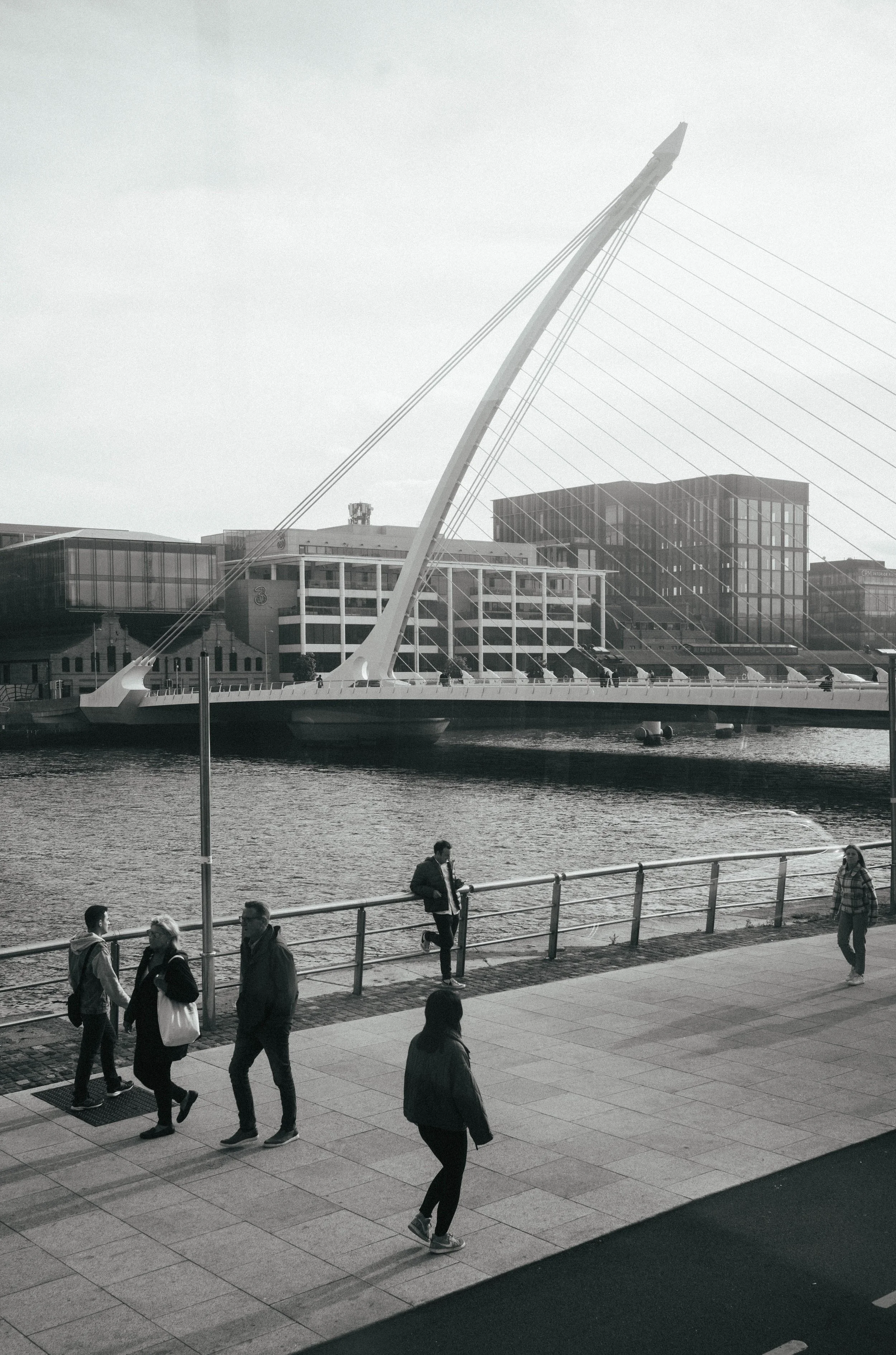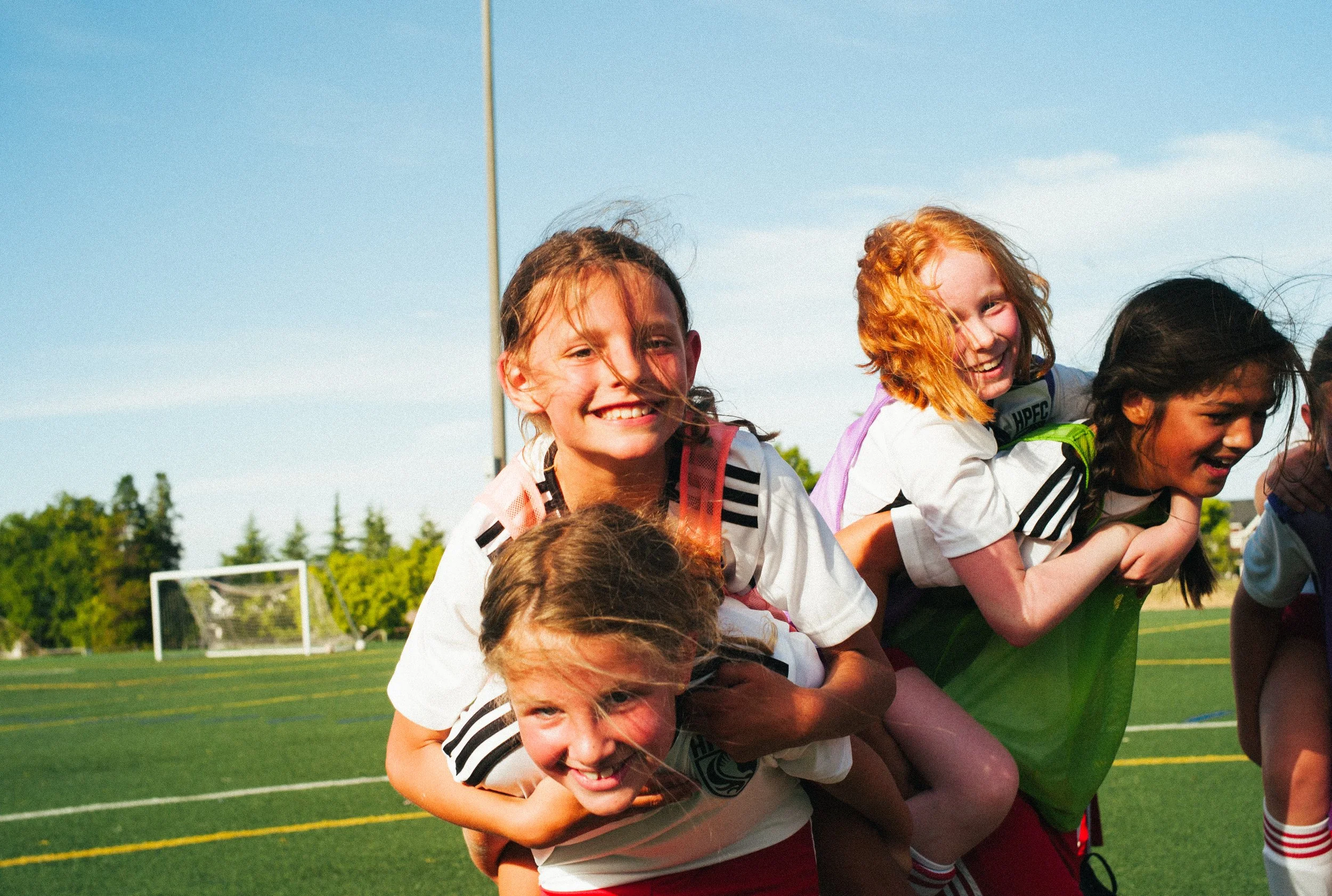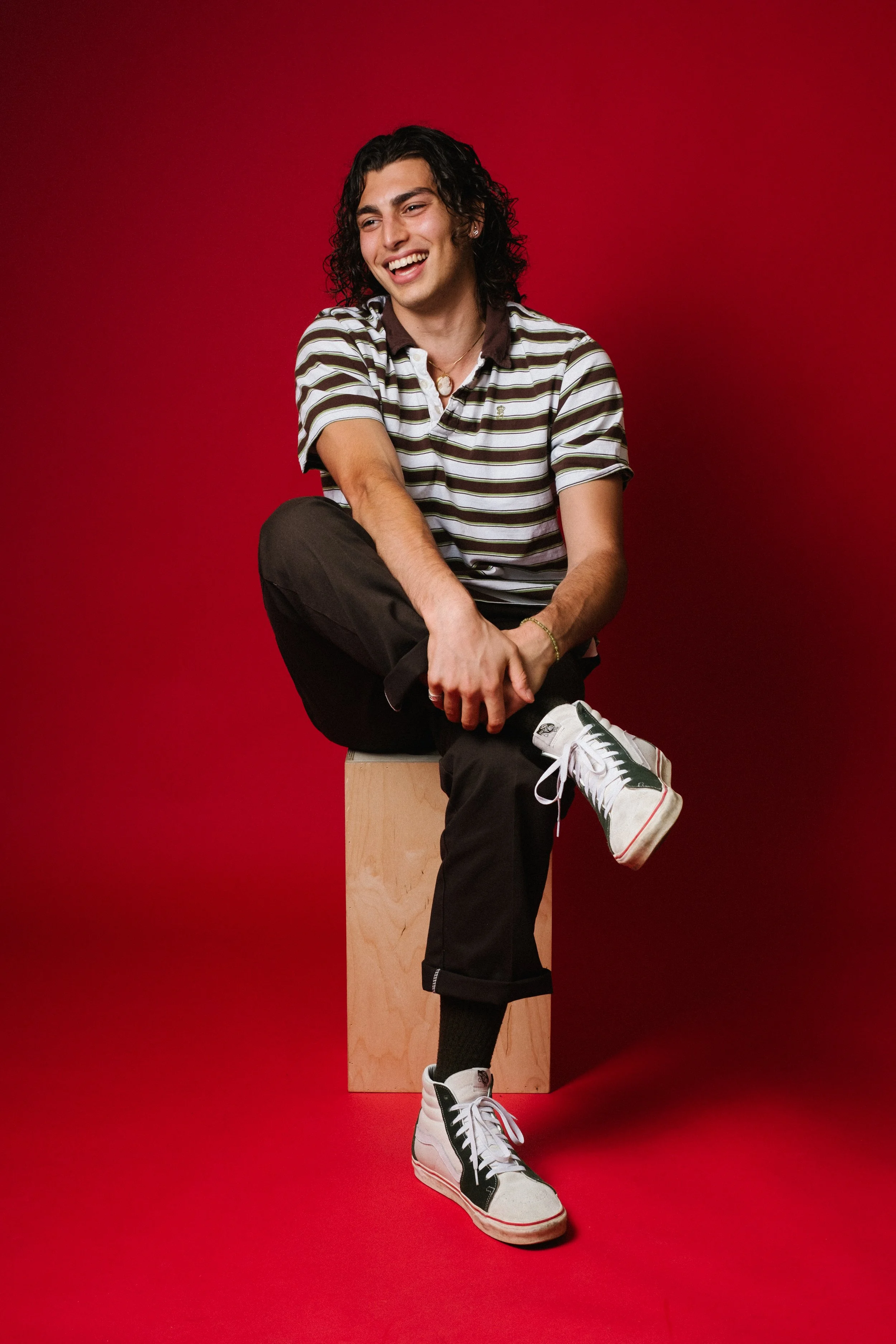I’m a Professional Photographer, and an Imposter
Photo by Peter Sullivan
I’ve spent the last year working as what many would call a professional photographer.
I have 10 years of experience with the medium, I’ve taken hundreds of thousands of photographs, and have developed my own unique visual style. I’m an award winning* photographer who has taken professional quality photographs for a wide variety of businesses and individuals. At 26 years old, I have a business license and clients, send invoices, earn revenue, do accounting and pay taxes, and have over ten thousands of dollars in professional gear. I even have framed prints of my work hanging in my studio; I have a studio!
The Trundlers perform at Gas Works (Leica M10-R, Summicron 35)
So why do I feel like an imposter, just pretending to be a professional?
First of all, photography is not my primary source of income. It’s actually not a source of any of my income; I haven’t taken any money out of my business account to pay myself wages or a salary. I buy groceries and pay rent with my salary from my “real job”. However, in my opinion, plenty of photographers can still have other jobs to help them get by and still easily fit into my category of “professional”.
I think the main reason I feel like an imposter is because I’ve had the enormous privilege to treat photography like a hobby. I have been pursuing whatever motivates me without any plan of viability. Contrary to the lessons learned from my Entrepreneurial Leadership minor, I have no business plan or model. I have no consistency in genre, subject, or even format. And because I haven’t depended on my photo work to eat and live, I have the freedom to find parts of my personality, soul and talents that I am so thankful to have explored.
* “Reaching new heights”, winner of the Society of Professional Journalist 2019 Region 10 Mark of Excellence Award for Sports Photography (Small) 1-9,999 Students (Canon 6D, 300mm f/2.8) — I was not a finalist in the national awards :(
Each of many “professional” phases were immersive and full of passion. It was often all I could think about, and was the part of my life that brought me true joy and fulfillment. My photos brought praise and encouragement from those around me and gave me the opportunity to do something challenging and different. And crucially, the little money I made was not the motivation or the driving force. I reveled in each phase because I loved it.
Photography published in the Summer 2021 issue Gonzaga Magazine (Nikon D750, 24-70mm f/2.8)
In college, I photographed sports and worked as a photojournalist for my newspaper, then as a marketing photographer for the university. I had access to industry standard gear and incredible mentors whose advice I still think about every day.
Madison Hanley pre-gaming Chris Stapleton at the Gorge Amphitheater (Olympus AF-1, Fujifilm 200)
After school, I shot drunk photos of my friends on film. No editing, no clients, just fun. I fell back in love with photography.
Portait of Bri Vasquez (Fujifilm X-T2, 16-55 f/2.8)
I started taking headshots in my small, shoestring budget bedroom studio. Each person gave an opportunity to get more comfortable with lights and conversation in a weird, artificial environment, and truly take time to consider and learn the fundamentals of the medium.
Caitlynn Noltie (Fujifilm X-T2, 16-55 f/2.8)
I started taking more personality-filled portraits, then portraits and action shots of local dancers. It was more than just sitting and smiling with good lighting, but capturing something essential about a person through pose and movement.
Kalia’s Christmas Sweater party (Fujifilm X-T2, 16-55 f/2.8)
I set up photo booths at parties, because it was way easier for me to have a camera at a party then just show up and talk to people like a normal, neurotypical person. I used my new studio skills to make those unforgettable nights become permanent in photos.
Behind the Scenes with KGDP (Leica M10-R, Summicon 35)
I took dramatic behind-the-scenes stills on video shoots. I got to collaborate with dozens of creatives to capture all of their hard work.
Meg and Eevee (Leica M10-R, Summicon 35)
I started taking candid and environmental portraits outside the studio, embracing the randomness and truth in raw and underappreciated moments. There are so many special moments that pass us by, and I grasped for each and every one that I noticed happening in front of me.
Dublin, Ireland (Leica M-10R, Summicron 35)
I spent a month as a travel photographer, taking street portraits and landscapes in new countries. My Leica came with me everywhere, even as I was extremely far from home.
HPFC Jamboree (Leica M8.2, Summicron 35)
I even photographed youth sports, but not team photos and action shots. I instead captured elementary and middle schoolers having the time of their lives with their best friends. The parents loved the photos, and maybe they were the first professional sports photos of their kids that actually had real emotion and captured something essential of their loved ones.
I photographed documentary-style weddings, and did a really, really good job. On a day with so much love, every moment is so important for those inside it, and the photos mean so much as each special moment is extremely real and rare. When I’m doing it, it feels like all of my talents are being used at the same time and it feels like the real me is finally out, and I am shooting weddings purely out of passion.
Greta at the Washington State Fair (Leica M-10R, Summicon 35, Godox Senior flash)
I want to quit my day job and do this full time, but with my current approach this dream would actually be impossible. To make a living from this work would require fundamentally changing what photography is for me. In my mind, I could just start pursuing it with all of my time instead of just after work, and maybe everything could magically work out.
However, I’d need some sort of consistency in genre so I can coherently tell people what my product or service really is. I’d need to narrow down what exactly it is I do, and do a very good job marketing it.
Skateboarding in the Mormon church parking lot (Leica M10-R, Summicron 35)
“I take photos of genuine moments” is a mission statement. And while it’s not a business plan, I think it’s a good start.
I think the wildly different phases I’ve been through for the past few years has been a huge asset towards my goal of “true” professional photography, and that mission statement is from deeply important lessons I’ve learned about myself and what I love.
Every photo I’ve taken over the past 10 years has been leading up to this point. I just need to pick something, write a business plan, and see if I can make it happen.
Levi Erdman in my new apartment’s studio and creative space (Fujifilm X-T2, 35mm f/1.4)
Matt Repplier is a 26 year old software engineer who loves photography, reflection and friends. This blog serves as his creative outlet and space to consider his experiences.
